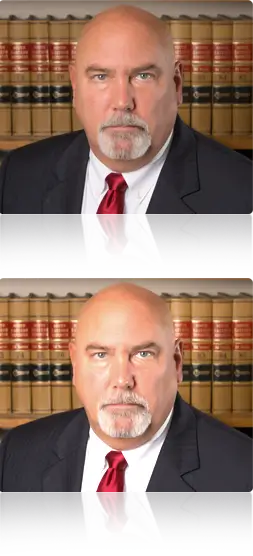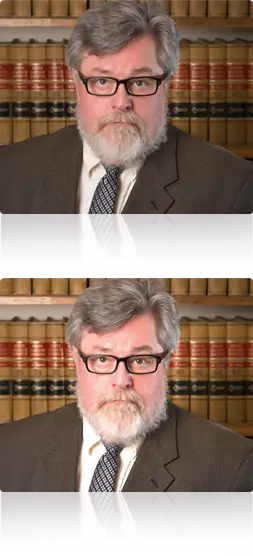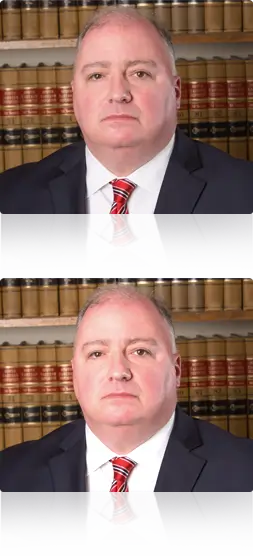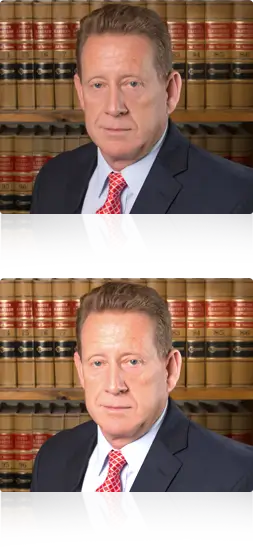West Virginia Hospital Malpractice Attorneys
When you or a loved one is admitted to a hospital, you tend to assume that everyone knows what they are doing, that they are competent at their jobs, and that they have the best interests of the patients at heart. Unfortunately, it is often the case that one or more of these assumptions prove untrue. Read on to learn more from attorneys that specialize in hospital malpractice.
Public hospital employees can be underpaid and overworked, leading to careless oversights or decisions based on time-management or employee fatigue that are contrary to the interests of the patients. Private hospitals can have problematic incentives, as business and financial interests may inappropriately affect how a doctor chooses to test or treat a patient. Patients may not get all of the tests they should due to the associated costs or the hospital’s fear that insurance may not cover them, leading to undiagnosed and untreated medical problems. And even with all the right incentives, medical professionals may simply make avoidable mistakes.
Whether public or private, hospitals have standards of medical care, staff training, and equipment maintenance that they must adhere to, and failure to do so for any reason can lead to avoidable patient injury. The skilled West Virginia hospital malpractice lawyers at Burke, Schultz, Harman & Jenkinson know how to gather the necessary evidence from medical experts and hospital records, as well as the applicable standards of care in order to best pursue your claims of hospital malpractice, and the appropriate laws to apply to ensure that you have the strongest chance of the maximum recovery possible.
Types of hospital negligence
We are capable of handling a variety of malpractice claims against hospitals, including claims based on:
- Failure to hire qualified staff
- Failure to acquire or maintain appropriate and modern medical equipment
- Understaffing
- Failure to appropriately train nurses and other staff
- Failure to require and monitor staff doctors’ continuing education
- Failure to gather relevant medical history from other hospitals
- Staff and intern oversight errors
- Nursing errors
- Failure to properly oversee all aspects of a patient’s care
The hospital may or may not be jointly liable for a doctor’s malpractice
Hospitals may not be directly liable for all medical malpractice that occurs under their roofs. Hospitals are generally responsible for the actions of any of their employees, which typically includes nurses, medical technicians, and support staff. However, hospitals may not be liable for the medical malpractice of doctors who perform there, unless the doctor is actually an employee of the hospital, or if the failure is otherwise the fault of the hospital.
Doctors often merely use hospital facilities to operate or see patients but are not actually employees of the hospitals where they work. Instead, these nonemployee doctors are considered “independent contractors.” Business owners are typically not responsible for the individual negligent acts of independent contractors. It may be possible to argue the doctor should be considered an employee of the hospital, depending on certain factors including whether the hospital sets the fees the doctor can charge and whether the hospital sets the doctor’s working hours and vacation time.
Help Is Available For Victims Of West Virginia Hospital Malpractice
Get the help you need seeking the compensation you deserve after you have been the victim of hospital malpractice in West Virginia by contacting the experienced and dedicated Martinsburg personal injury lawyers at Burke, Schultz, Harman & Jenkinson for a free case evaluation at 304-263-0900, or 304-LAWYERS.





